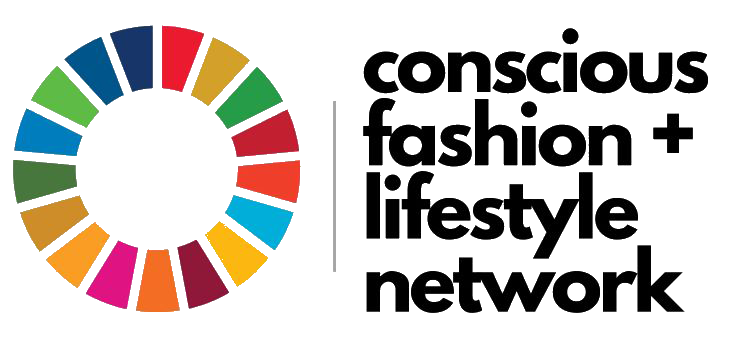Earth Day 2022
Following ACTAsia’s first contribution to Earth Day last year, ACTAsia were excited to build on its success with a range of new activities, teaching resources and competitions for children and educators in our Pioneer Schools.
Celebrated world-wide on 22nd April, Earth Day is an opportunity for nations to demonstrate their support for global environmental protection. More than 1 billion people across schools, universities, workplaces and families support the initiative, as Earth Day champions the importance of standing up for the environment.
While climate change is a global issue, it is arguably young people who will be most affected. Educating and inspiring the next generation about the environment, biodiversity and the need to consider sustainability is key to achieving lasting and meaningful change.

Focusing on the issue of Plastic Pollution
This year marks the 52nd anniversary of Earth Day and ACTAsia focused on the theme of ‘Plastic Pollution’ in response to the international and domestic attention given to the danger of plastic on our environment.
Plastic pollution has been central to the fifth session of the recent United Nations Environment Assembly (UNEA5). The goal of this summit has been to tackle global plastic pollution and to discuss the development of the first global agreement to tackle the plastic crisis. While plastic has greatly facilitated our lives, it has also caused serious environmental problems. Plastic production and pollution are exacerbating three global crises – climate change, natural degradation and pollution – that could lead to disaster if left unchecked. According to a report published by the United Nations Environment Programme in 2021, between 1950 and 2017, the world produced about 9.2 billion tonnes of plastic, of which less than 10% was recycled, with about 7 billion tonnes becoming plastic waste. It is expected that by 2040, around 710 million tonnes of plastic waste will be discarded into the natural environment globally each year.

What activities were included in this year’s Earth Day?
From 11th – 22nd April schools in China were invited to share key concepts on climate change and biodiversity using age relevant materials and activities to demonstrate how easy it is to incorporate civic duty and problem-solving into their daily school life. ACTAsia uses activity-based learning to create opportunity to develop critical thinking and enhance the learning experience.
51 educational institutions were invited to participate in this year’s Earth Day activities. Educators were encouraged to show a clip from the Microplastics Madness short film which highlights the dangers of microplastics. At less than 5mm long, these microplastics can be harmful to oceans and aquatic life. Microplastics come from a variety of sources, including from larger plastic debris that degrades into smaller pieces and are present in a variety of products, from cosmetics to synthetic clothing to plastic bags and bottles. Many of these products readily enter the environment in waste. ACTAsia recently collaborated with Cafeteria Culture, an environmental education organisation who made the film, for a special screening for teachers at our Pioneer Schools last summer. ACTAsia provided the translation into Chinese for the film thereby enabling Cafeteria Culture to spread their message further across Asia and ACTAsia felt that featuring this film to students for Earth Day was particularly poignant.
There were some high-level discussions with the older years including the importance of SeaVax boats – ocean drone ships designed to filter and shred and clean plastic from the north and south Pacific – in the battle against plastic waste. For the younger years there was an interactive street litter bingo activity and a game of I Spy based on the environment which were really well received. This year there were also some fantastic hands-on activities which included making a no sew t-shirt bag.

ACTAsia launches Earth Day 2022 competitions
ACTAsia was keen to really engage with the students and educators and this year launched a competition for the best short video and best photo. Participants were invited to capture a range of emotions as the students were involved with the Earth Day activities. The top six submissions will be featured on ACTAsia’s social media channels giving participants the opportunity to join a network of like-minded professionals and the chance to promote their school on an international platform.


Interactive learning for maximum impact
Educators were also invited to ask the children a range of questions as part of the Earth Day activities to encourage the students to interact with the topics. These included:
- What new things did you learn about protecting the planet?
- What are the problems facing our planet?
- Is there anything you can do to help our planet?
- What will you change about your behaviour?
- If you were the leader of your country, how would you protect the planet/climate change/plastic pollution/animal welfare?
- How can you help your parents make a difference?
By engaging with these questions children learnt about the impact of plastic as an everyday item and were also encouraged to take action to help reduce carbon emissions and take up the fight against climate change. Educated children of today will be the positive change-makers of tomorrow, addressing challenges and issues that all ecosystems on earth face right now.

ACTAsia’s founder Pei summarises the critical importance of highlighting Earth Day
Microplastics are increasingly present in the marine environment and scientists have been finding plastic fragments in a wide range of animal species – from tiny crustaceans to birds and whales. New studies show that microplastics are also harmful to human cells. Many children and consumers are unaware that their daily practice of buying and using large quantities of plastics has such a detrimental impact on the health of animals, humans and the environment. We are pleased that our annual Earth Day event enabled us to train educators and teach thousands of children about the serious impact of microplastics on our global health.

![ACTAsia [logo]](https://www.actasia.org/wp-content/themes/ACTAsia-2022-theme/assets/img/actasia-en-colour.svg)



